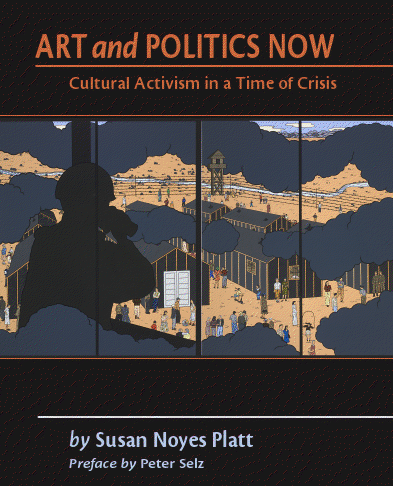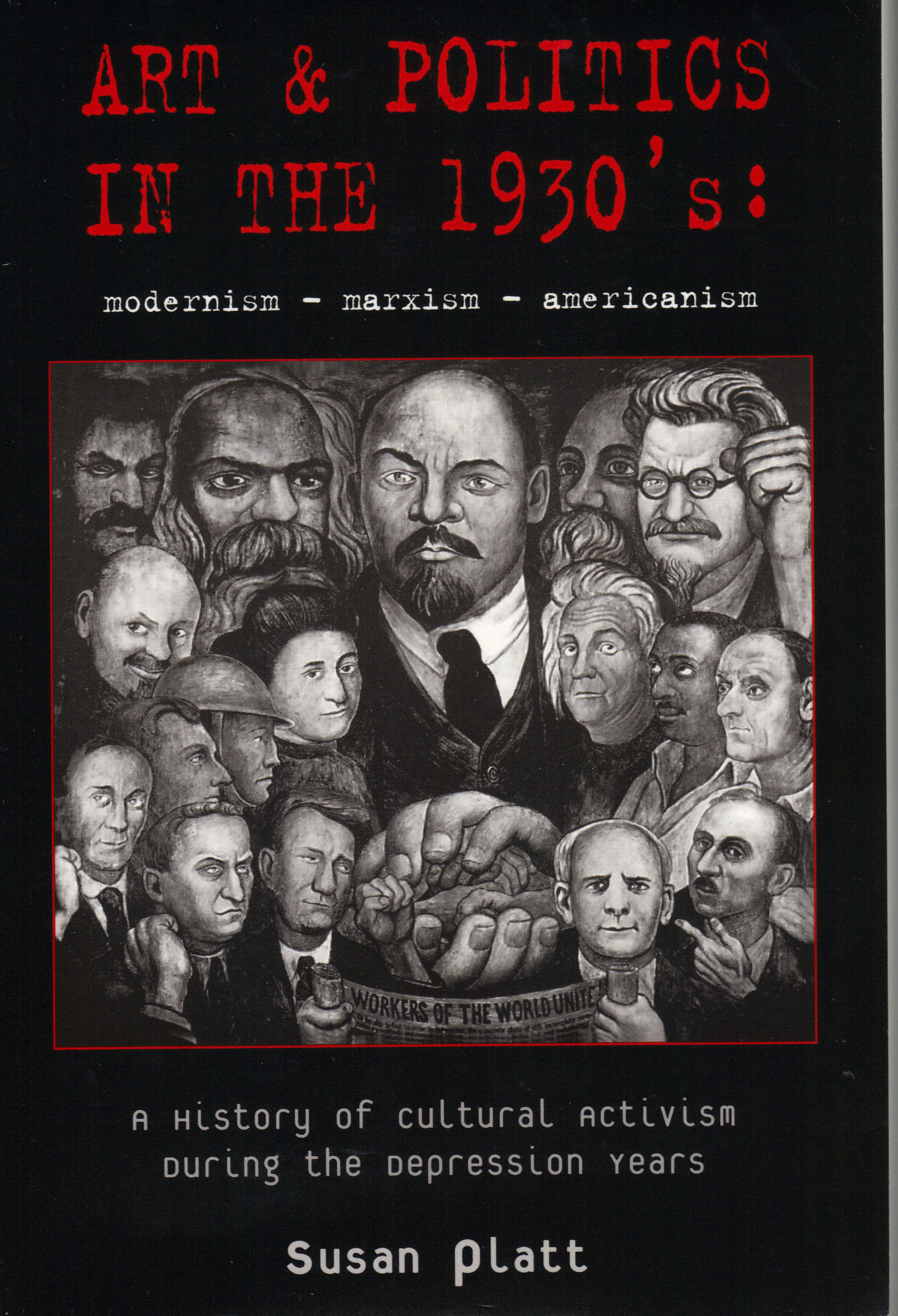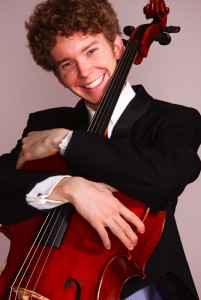

I think both the street and the gallery (or concert hall or theater) can be equally subversive, creative, and engaged. The classically trained musician, actor, or writer, has a depth of understanding that can give them (if they choose) a great freedom to speak, to defy, to break rules and to be explicitly political as well. Of course they are part of the Capitalist system, they need money to create, but within that parameter, defiance and a model of breaking boundaries is most possible among the most creative thinkers. And those are the thinkers whom I most admire.
 First of all there is Joshua Roman . He is in a class by himself as a musician. He is currently Artistic Director at Town Hall in Seattle, an democratic venue that supports performers in all media and at all stages of their careers.
First of all there is Joshua Roman . He is in a class by himself as a musician. He is currently Artistic Director at Town Hall in Seattle, an democratic venue that supports performers in all media and at all stages of their careers.
Recently, Roman created a two hour plus concert that was all cellos, ranging from a solo by Roman himself performing a newly commissioned work by Mason Bates, to a full component of eight cellists playing together. The cello is an extraordinary instrument, it has the range and textual variation of an entire chamber music ensemble. The program, brilliantly selected, ranged from medieval to the up to the minute Bates, with a full symphony by Brazilian composer Hector Villa-Lobos, an arrangement of Led Zeppelin’s Stairway to Heaven, which followed the Death and Resurrection of an Angel by Astor Piazzolla, and other pieces as well. There was humor in the order of the works, deep variety in the character of the works, and a thrilling evening of music all together.
We are extremely fortunate in Seattle to have Joshua Roman as Artistic Director at Town Hall ( he resigned from cello first chair after two years, he was awarded the seat at the age of 22) The other concerts that he brought to town like Brooklyn Rider and Alarm Will Sound, were also over the top- classically trained musicians performing experimentally. The best of both worlds. Senational!
We also attended some performances at the Shakespeare Festival in Ashland, which is increasingly branching out beyond Shakespeare, while still keeping its core. We saw three wonderfully creative productions, (and a moving Henry V) :
 The White Snake, based on a Chinese Fairy Tale, with stunning staging,
The White Snake, based on a Chinese Fairy Tale, with stunning staging,
a humorous and extraordinary interweaving of Medea, Macbeth and Cinderalla,
 and finally a hilarious The Very Merry Wives of Winsor, Iowa, adapted by Alison Carey from the play by Shakespeare.
and finally a hilarious The Very Merry Wives of Winsor, Iowa, adapted by Alison Carey from the play by Shakespeare.
Each of these plays was uniquely transforming tradition into contemporary theater.
Bringing together “Medea Macbeth and (Rodgers and Hammerstein’s musical) Cinderella” was really crazy. According to Bill Rauch and Tracy Young, who created this odd partnership, this work is a “lifelong passion”. They explain that the themes overlap: “ royal ambition, magic, transformation, parent/child relationships and the roles of women in a male dominated society.” This project lives at the crossroads between populism and experimentation.”
But as the plots crossed and the dialogue was tossed from one story to another, we felt primarily the amazing power of actors to take on such an experimental mélange while maintaining the integrity of each part, heavy and serious in Macbeth and Medea, and clichéd sentimentality in the case of Cinderella. The original plays were all there, except that the characters kept switching from one play to another. The Hammerstein musical numbers were sung by everyone. It was riveting, impossible to take in, and yet also hugely entertaining.
The Very Merry Wives of Windsor, Iowa was a contemporary story, with Senator Falstaff being set up as the fall guy, just as in the original Shakespeare play, in fact it followed the scenes, acts and even dialogue of the original, but it was all contemporary issues (gay marriage for one), and contemporary language couched as Shakespearean ( “ the recycling cometh”) and contemporary people, (and the Iowa State Fair as the grand finale).
Then, back in Seattle, I went to “Words on Water: Indian Writers in Conversation,” at the Seattle Asian Art Museum, three brilliant thinkers who addressed India and Pakistan from strikingly different perspectives.
Three writers were featured: M.J. Akbar, a journalist and Executive Director of India Today,
Nayanjot Lahiri, a scholar of Indus Civilizations and author of Finding Forgotten Cities
and Urvashi Butalia, writer and co-founder of India’s foremost feminist publishing house, Kali for Women and author of the profoundly important book, The Other Side of Silence, voices from the partition of India.
M.J. Akbar was interviewed by journalist Shiraz Sidhva, Nayanjot Lahiri had a conversation with VIkram Prakash, Professor of Architecture at the University of Washington and author of a book on Chandirgarh. But Sonora Jha, Associate Professor in the Dept of Communications at Seattle University took the prize for the most elegantly worded interview in her conversation with Urvashi Butalia.
The most striking aspect of the event was that the three authors presented three very different views of Pakistan. M.J. Akbar, who declared that he was a Muslim, asserted that there are four pillars of modernity: democracy, freedom of faith, gender equality (equality before the law) and economic equity ( meaning avoiding the deep chasm between rich and poor). He declared that Pakistan failed in all four, a concept he also develops in his book Tinderbox.
His analysis of why we are still allied to Pakistan in the “war on terror” was that the US lost its way . He called it the Marshall Petain partner, allied with the Taliban, in an Islamic Space. Petain was, of course, the leader and betrayer of France during Vichy, more loyal to Nazi ideas than to French freedom. Likewise Pakistan, in Akbar’s view, is a failed state because it is based on faith, the idea of a sanctuary for Muslims is not a viable foundation for a modern state.
He also mentioned at the conclusion of his talk that the Islamists were destroying culture in Pakistan created before the founding of Islam in 711, including Mohenjo Daro, the crucial Indus Valley site, and a World Heritage Site that should be protected by the UN. I have not found confirmation of that, but they are destroying other World Heritage Sites, for example in Timbuktu.
Nayanjot Lahiri, as a scholar, spoke at length about the difficulties of deciphering the writing from the Indus Valley Cultures, the important work that had been done in India since Independence in discovering hundreds of new Indus Civiliations sites, and of the crucial work of Pakistani archeologists in their work at the major Indus Civilization sites, all of which are in Pakistan since 1947. When I asked her after the lecture about Akbar’s assertion that Mohenjo Daro was being destroyed by Islamists, she said she didn’t know about it!. Perhaps it is simply being destroyed by erosion and neglect.
But the third speaker really stole the show for me. Urvashi Butalia was engaging, humorous, humble, profoundly engaged and an articulate speaker on the subject of her work in creating the book The Other Side of Silence. Butalia’s own family suffered from the Partition, her mother’s brother stayed behind with his mother in Pakistan and converted to Islam. She herself worked to heal the forty year old wounds of that separation as she bravely went to visit him in Pakistan, and his story starts her book.
But interviews that tell of the painful and horrifying violence against women during the Partition are the heart of the book. For example, one women speaks about dozens of women in a village, including herself, that threw themselves into a well to avoid being violated, but some women survived because there wasn’t enough water to drown them all. This story and others were the basis for some of the paintings by Nilima Sheikh, that I wrote about in my book Art and Politics Now.
Urvashi Butalia declared that Pakistan was a deep part of who she was and of her life, in spite of the restrictions for Indians who went there. Lahiri, as a scholar is studying the common cultural roots of India and Pakistan, Akbar as a journalist has written a book on Pakistan called Tinderbox, which tells of the dangerous conditions in that country today. Three authors, three views. It was immensely enriching to hear these writers, as here in the US, our main information is limited to drone strikes in Pakistan and their random murders.